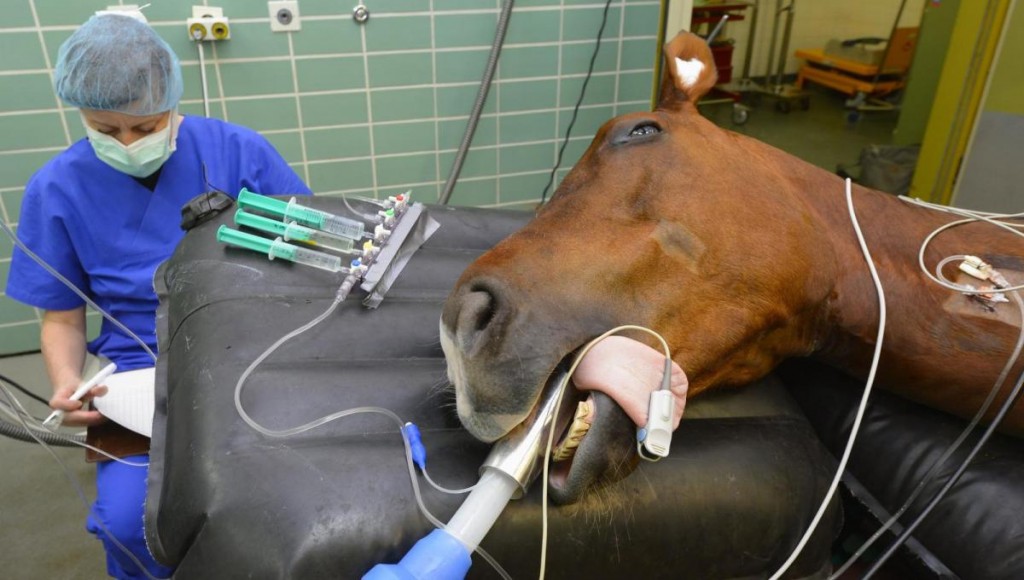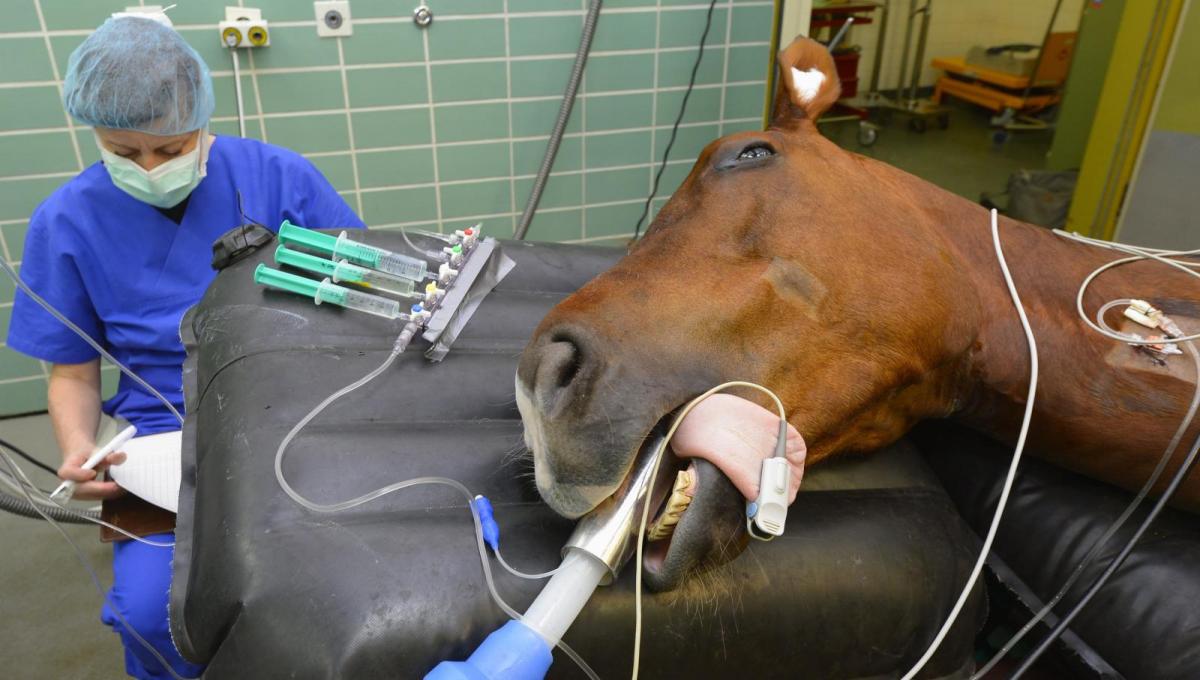
Most of us who love our animals say that we’d spend whatever it takes to keep them alive…until we see the bill for an emergency procedure or costly surgery. Below I’ve included a link to an article, written for veterinarians, that explores the ways practices can bridge the gap so clients don’t have to choose “economic euthanasia.” How much would you, or could you spend, on your animal’s care? What would help you say “yes” to that life-saving treatment, if the cost exceeds what you have in your bank account today?
While more and more veterinarians are offering third-party financing for clients who can’t pay in full, it is becoming harder for some clients to qualify for these programs. If a client does get approved, it is important that they thoroughly read the terms and conditions that apply to these types of deferred-interest payment plans. These plans can be a great solution for individuals who 1) qualify and 2) can pay off their balance within the interest-free promotional period specified (usually 6 to 12 months.) However, if you can’t do that, you may be hit with a hefty (26.99%) interest rate that is retroactive to the date of purchase — meaning that interest is charged on the entire balance you financed. Moreover, some clients don’t realize that if they are late on a single payment, these same terms apply…they will be charged 26.99% interest on the full amount owed. For more information about the pros and cons of these medical credit cards — which can be used for other medical services, not just veterinary — you may want to check out Fox Business’s review, Five Tips When Comparing Health Care Credit Cards.
In the past few years, a new, no-interest payment plan model has emerged as an alternative to third-party financing. There are a few companies across the U.S. that are marketing these plans, and the response — from both veterinarians and their clients — has been positive. Generally these payment plans involve a series of automatic drafts from a clients’ checking, savings or credit card account, and allow clients to extend payment over a certain period of time, typically ranging from 3 to 12 months. There is usually a “soft” credit check involved, which is a type of credit inquiry that does not affect a client’s credit score (“hard” credit checks can lower an individual’s credit score by about 5 points for as long as 6 months.) The soft credit check will yield a recommendation for the payment plan, which helps the vet practice determine the amount of the down payment, and the length of the payment period. Once that has been established, the client is enrolled in an automatic draft program, so payments are electronically debited and deposited in the practice’s bank account. This eliminates the need for the client to remember to mail checks, and it increases the chance that the vet is going to receive payment.
Most of these no-interest payment plan programs involve a small enrollment fee for the client (usually around $25), and there may be an additional surcharge added to each monthly payment (usually $2 to $5.)
The companies that are offering these plans can provide follow up on failed transactions, and can even undertake collection activity if needed, although the extent of follow-up services available varies depending on the company.
The popularity of these types of programs is growing, in part since the overall cost to the vet practice tends to be lower than the cost of offering third-party financing, which may result in 5 to 10% of the vet’s treatment fee taken off the top. Other services may cost less than 5%, while some actually do not cost the vet practice anything at all. And of course, veterinary clients like these plans. Some are distrusting of third-party financing, others simply don’t want to take out another line of credit. Most are just happy to have another option that allows them to affordably manage the expense of a costly or emergency veterinary procedure.
To read more about the cost of pet health care, as reported in an excellent article from the VeTeam Advisor, please follow this link:
